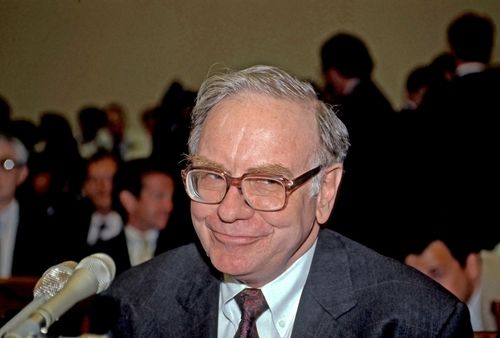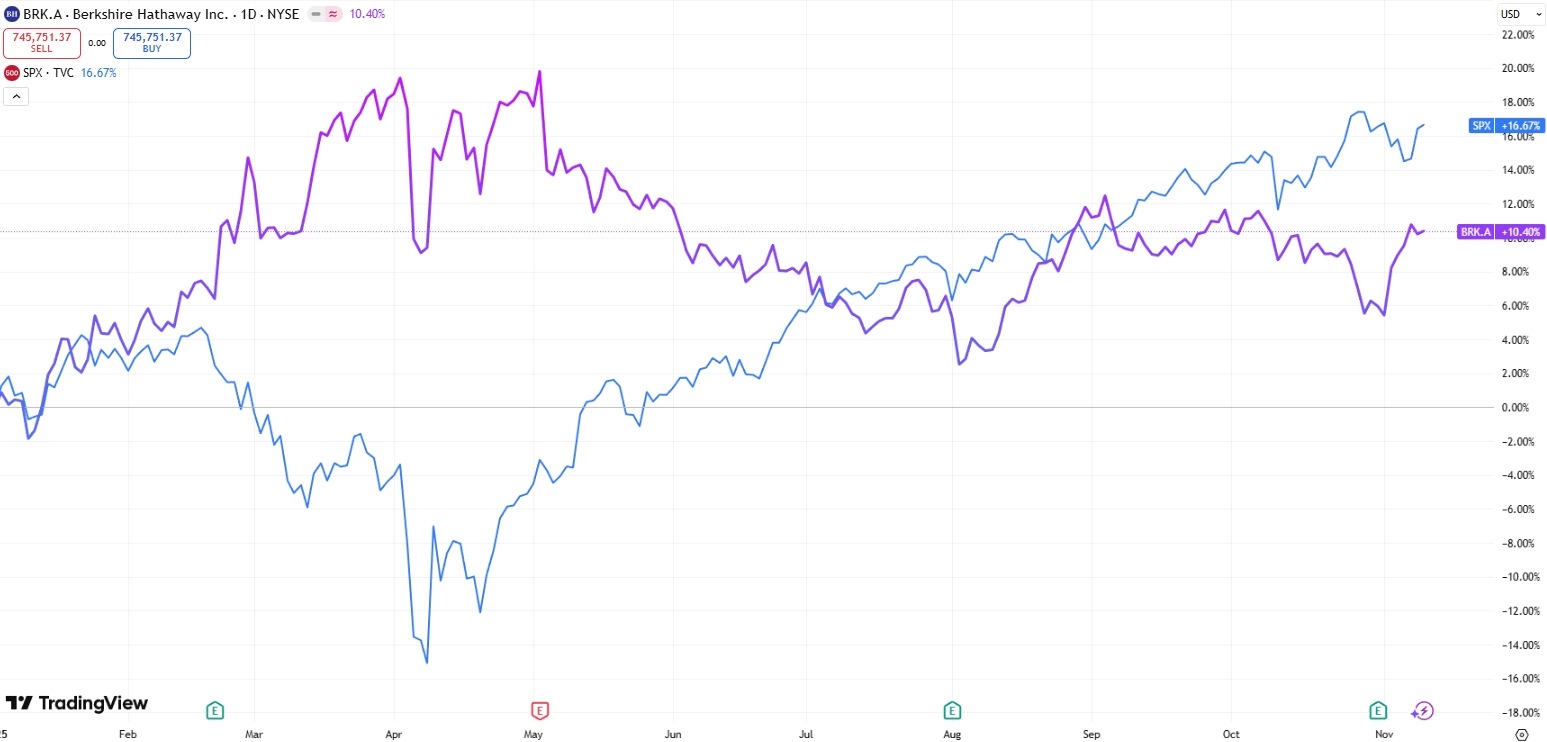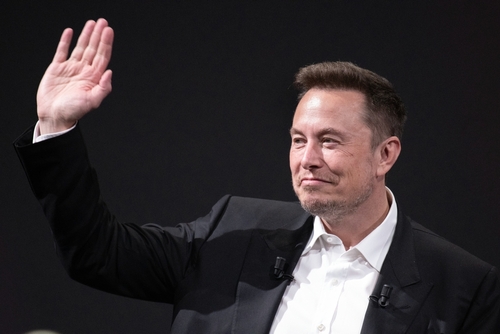Buffett Pens Last Letter: What Value Does Berkshire Hathaway Hold Without Him?

TradingKey - Berkshire Hathaway is nearing the end of its 'Buffett Era' as Warren Buffett, the 'Oracle of Omaha,' previews his departure as CEO by the end of 2025 and recently released his 'final letter to shareholders.' After leading Berkshire, home to the world's most expensive stock, for 60 years, Buffett is meticulously paving the way for a historic management transition, seeking to allay investor concerns about the new CEO and Berkshire's future value.
Since gaining majority control of the company in 1965, Buffett has spent the subsequent six decades transforming Berkshire from a textile manufacturer into a leading global diversified financial holding company, boasting over 200 subsidiaries. Its investment portfolio spans a wide array of sectors, including insurance, railroads, utilities, manufacturing, and retail.
In his annual Thanksgiving letter to shareholders on November 10, Buffett announced his imminent "going quiet," stating he would step down as CEO and withdraw from day-to-day management by year-end. While Buffett will still pen the company's next annual letter, he will no longer write annual reports or speak at the annual meetings in the future.
Furthermore, he will retain his position as Berkshire's Chairman of the Board and temporarily hold a substantial amount of shares until investors fully embrace his successor, Greg Abel.
Berkshire's third-quarter earnings report, released earlier this month, revealed record cash reserves of $381.7 billion and a 34% year-on-year surge in operating profit to $13.5 billion.
Despite the solid foundation of its core insurance business, capital markets remain keenly focused on the Oracle of Omaha‘s investment maneuvers. Notably, Buffett's cautious approach has emerged as a significant catalyst for Berkshire's stock decline.
Over the past 12 quarters, Berkshire, holding an investment portfolio worth $283.2 billion, has consistently bought fewer shares than it sold, with almost no buying activity recorded in the third quarter. Consequently, Berkshire's Class A shares have retreated 7% from their year-to-date high.
With Berkshire losing the impetus of Buffett's personal prestige, the challenges facing 'Buffett's successor,' Greg Abel, are immense. These include earning market trust, solidifying the 'Buffett premium,' and ensuring that changes in governance and investment style continue to resonate with 'Buffett loyalists.'
Simply put, the most crucial assets Buffett will bequeath to Abel are substantial high-quality assets and cash firepower, along with the invaluable 'long-termism' investment philosophy and stringent capital allocation discipline.
Wall Street hopes that Abel can reignite activity within the investment portfolio and perpetuate the Buffett spirit by leveraging his extensive experience and exceptional capabilities.
Will the cautious stance on investments and buybacks be adjusted?
Why Berkshire has continuously sold shares, delayed new investments, and paused buybacks are core questions the company urgently needs to answer for the market. As of the third quarter, Berkshire had not repurchased any shares for five consecutive months, offloading a total of $6.1 billion in equities during the period.
Analysts generally believe Berkshire's prolonged 'stock market caution' could stem from a lack of attractive investment opportunities, Buffett's assessment that stocks are overvalued, or his anticipation of an economic recession.
However, given the S&P 500's rebound of over 16% this year, Berkshire's conservative stance has proven to be disappointing.

【2025 Berkshire Hathaway Stock Price vs. S&P 500 Index, Source: TradingView】
Cathy Seifert, an analyst at CFRA Research, commented on the suspension of buybacks, stating it sends a strong signal to shareholders: if the company isn't buying its own stock, why should investors?
Tom Russo, a partner at Gardner Russo & Quinn who has held Berkshire shares for over 40 years, articulated the widespread expectation that Berkshire urgently needs to deploy its cash.
Jim Shanahan, an analyst at Edward Jones, suggested that Abel will have a significant chance to do things differently. In contrast to Buffett's historically hands-off management style, Abel is expected to be more deeply involved in operations and build a dedicated team, which would mark a significant departure.
In his latest letter to shareholders, Buffett lauded Abel, who took over all non-insurance operations after 2018, as "a great manager, a tireless worker and an honest communicator." Buffett added that Abel has far exceeded his initial expectations for the next CEO.
Russo, however, also acknowledged that Berkshire would never allocate capital in a way that wouldn't enhance intrinsic value per share. With this understanding, investors need not speculate needlessly about the company's decisions.
Abel's Deep Company Knowledge and Stable Business Operations
In his Thanksgiving letter to shareholders, Buffett underscored that Berkshire's management and board prioritize shareholder interests more than almost any other company he knows. He asserted that Berkshire's operating model will always ensure its status as a wealth generator for America, avoiding activities that would reduce it to a supplicant.
Buffett specifically mentioned that Abel's understanding of the potential rewards and risks of the company's property and casualty insurance business surpasses that of many executives in the field. He could not think of anyone better suited than Abel to manage the company.
The billionaire reminded investors not to expect Berkshire to outperform the market as it once did, but reiterated that Berkshire's business prospects would generally remain above average.
Some commentators believe that regardless of whether Abel can match Buffett's stock-picking prowess, Berkshire's core businesses will remain unchanged and continue to generate substantial cash flow.
In a scenario without Buffett at the helm, Berkshire's greatest risks would stem from governance uncertainty and a potential loosening of investment discipline. However, the importance of its safety buffer cannot be overlooked: a vast cash pile, diversified core businesses providing stable cash flow, and long-term confidence in its high-quality core holdings.
This content was translated using AI and reviewed for clarity. It is for informational purposes only.








